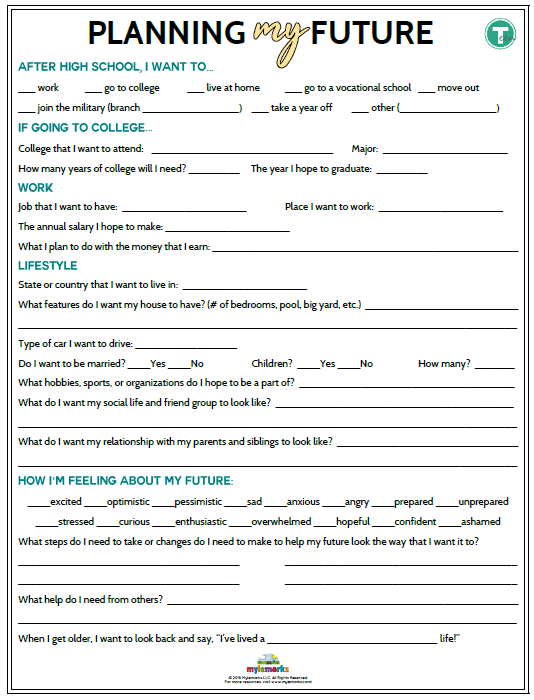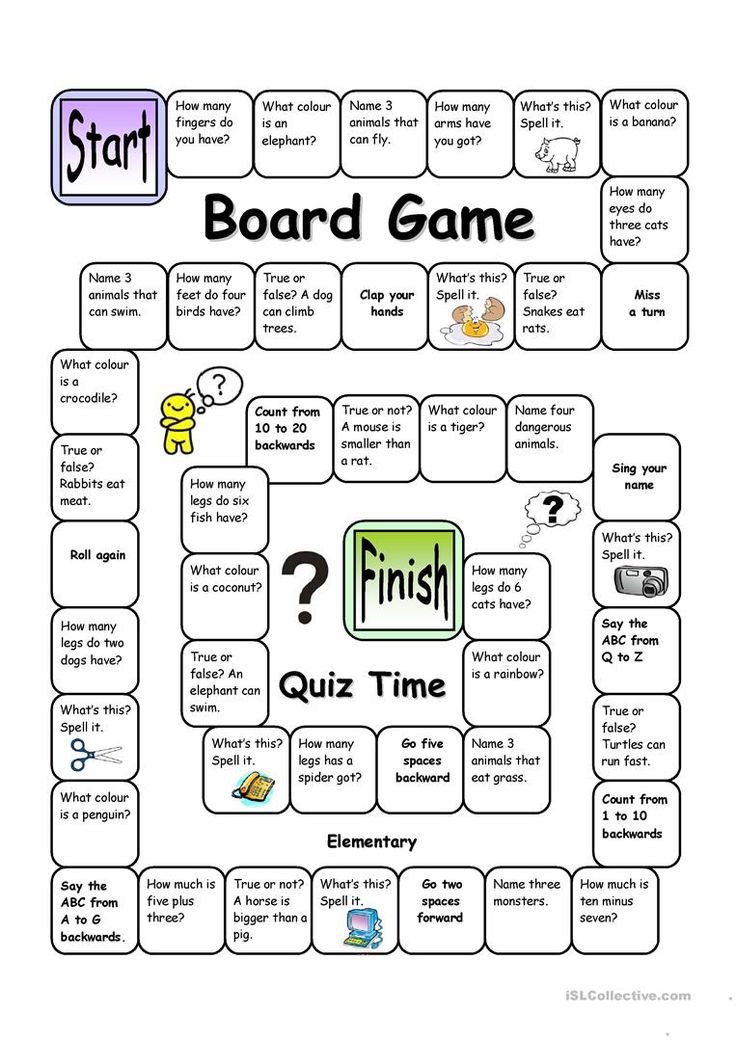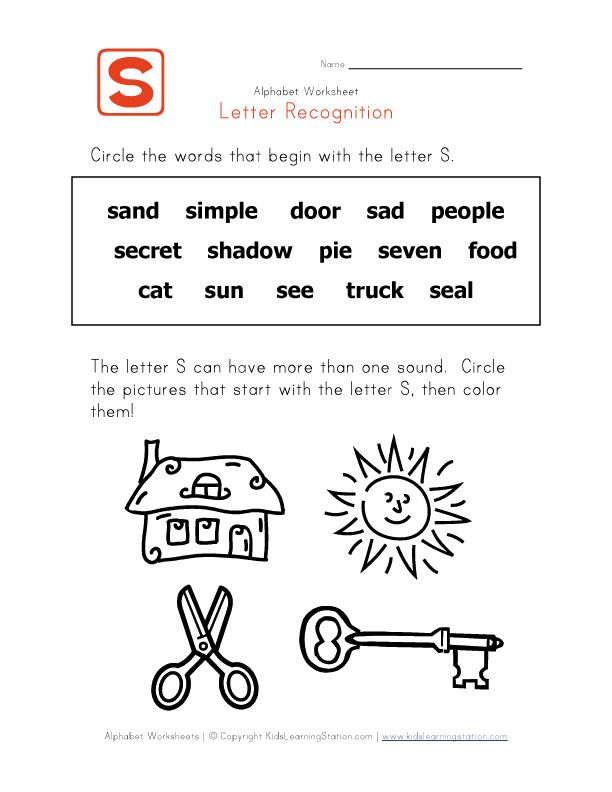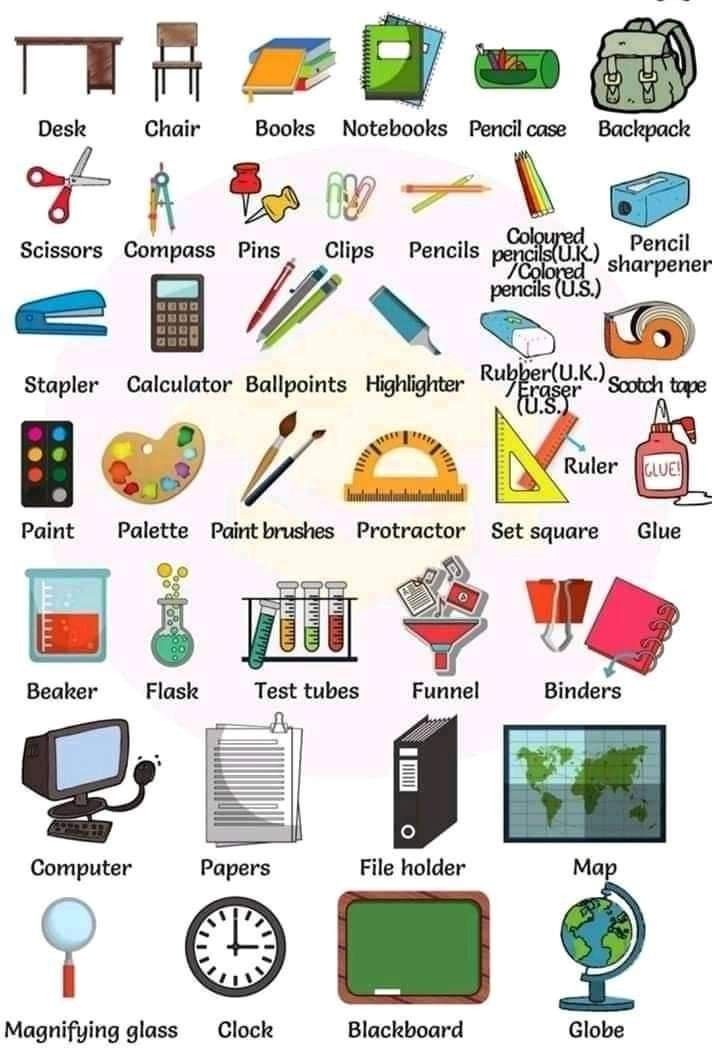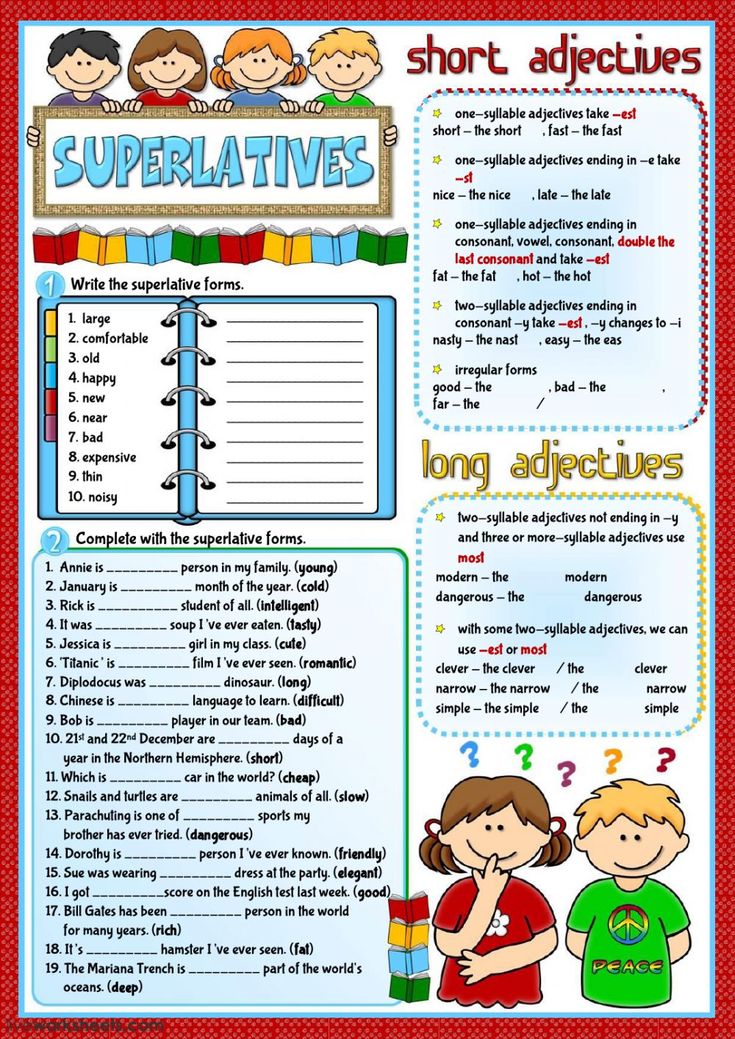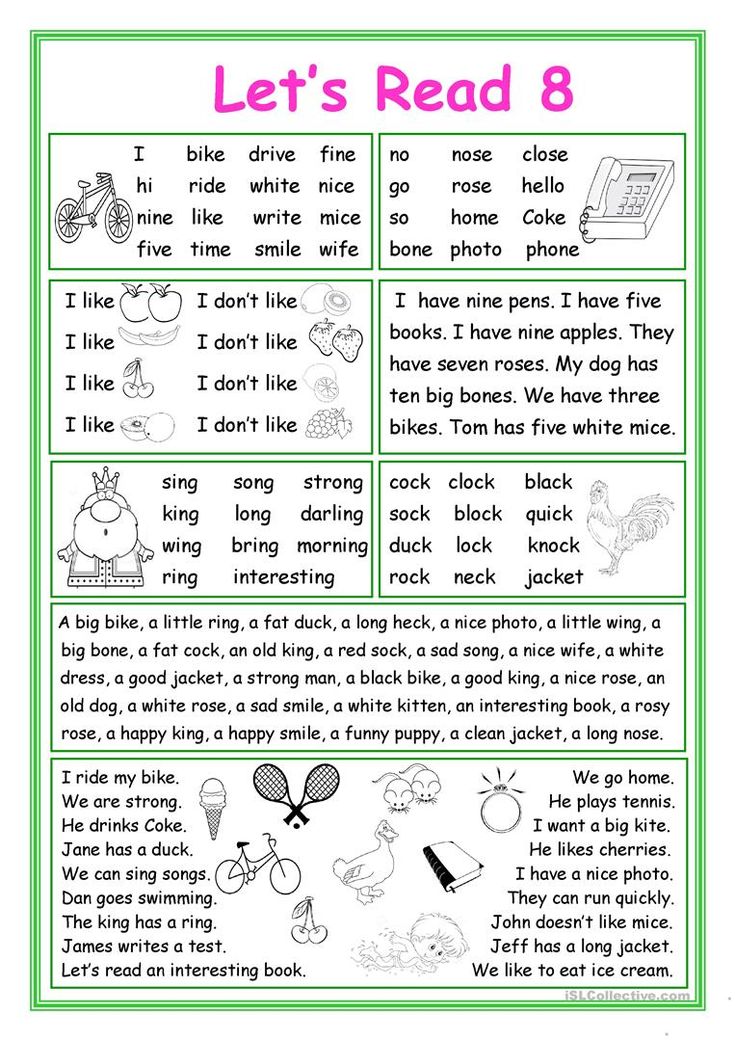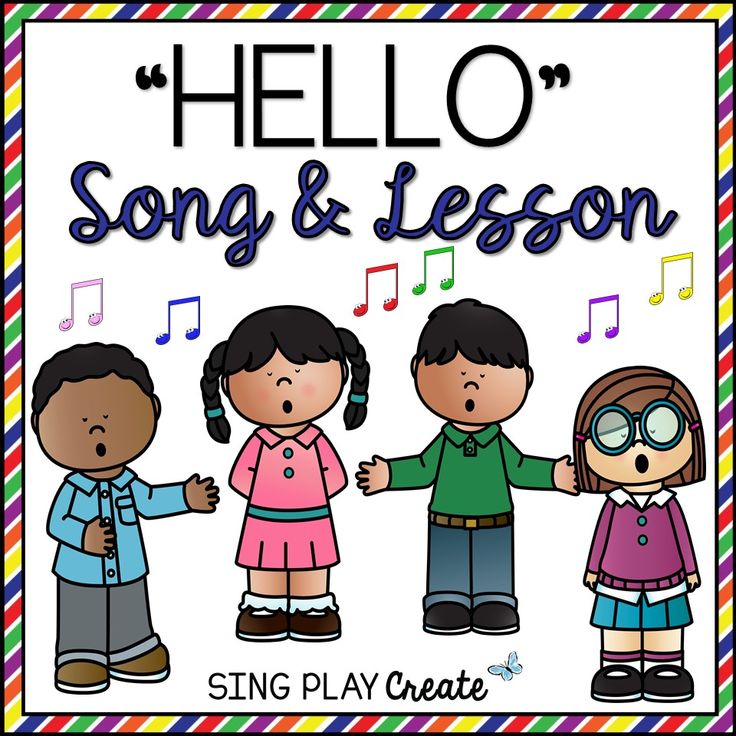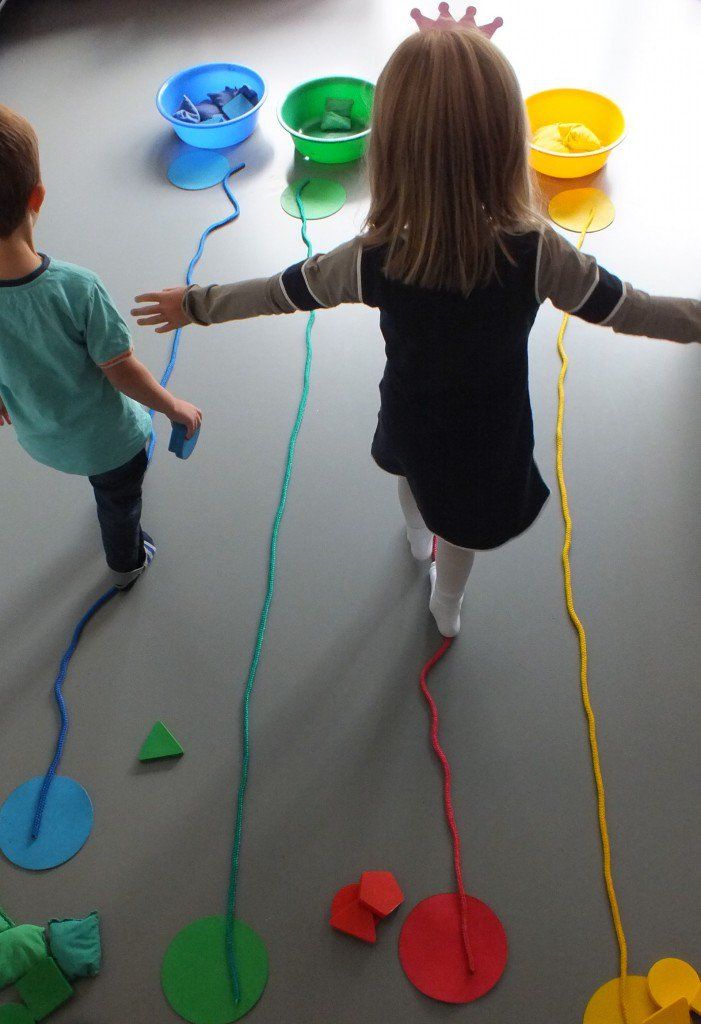Social skill activities for high school students
9 Social Skills Activities for High School Students
Strengthening social skills and emotional intelligence in high schoolers can be a challenge. At this age, teens are learning how to handle conflict, converse with their peers and regulate their rollercoaster ride of emotions.
To support high school students – whether as a teacher, a parent or a mentor – you can help them build positive social skills through activities and games. Here are some of our favorite social skills activities to put into action with your teens.
What are key social skills for high school students?
To become adults who thrive, high school students should learn key social skills such as:
- relationship building
- social awareness
- self-management
- decision making
- active listening
- stress reduction
- empathy
It’s important for young people to learn these social skills so that they’re able to engage with others in a positive way in the long run.
Top 9 social skills activities
Social skills are essential life skills that must be practiced over time. You can support your students or teens by engaging them in activities designed to work on these skills, such as:
1. Get to know you bingo
Get to know you bingo is a classic for getting teens to learn how to start a conversation, share stories and find common ground. Simply print off blank bingo sheets and ask them to fill it with personal information, such as their favorite animal, greatest fear, future career goal, etc.
Students then should mingle around the room, ask about others’ information and share their own. If two people have the same information on their bingo board, they can cross it off. The first individual to mark off all squares is the winner.
2. Conversation speed dating
Invest in conversation cards and have teens pair off. Every pair should be given a conversation starter (try the ones from Chat Chains) and hold a conversation for at least 10 minutes.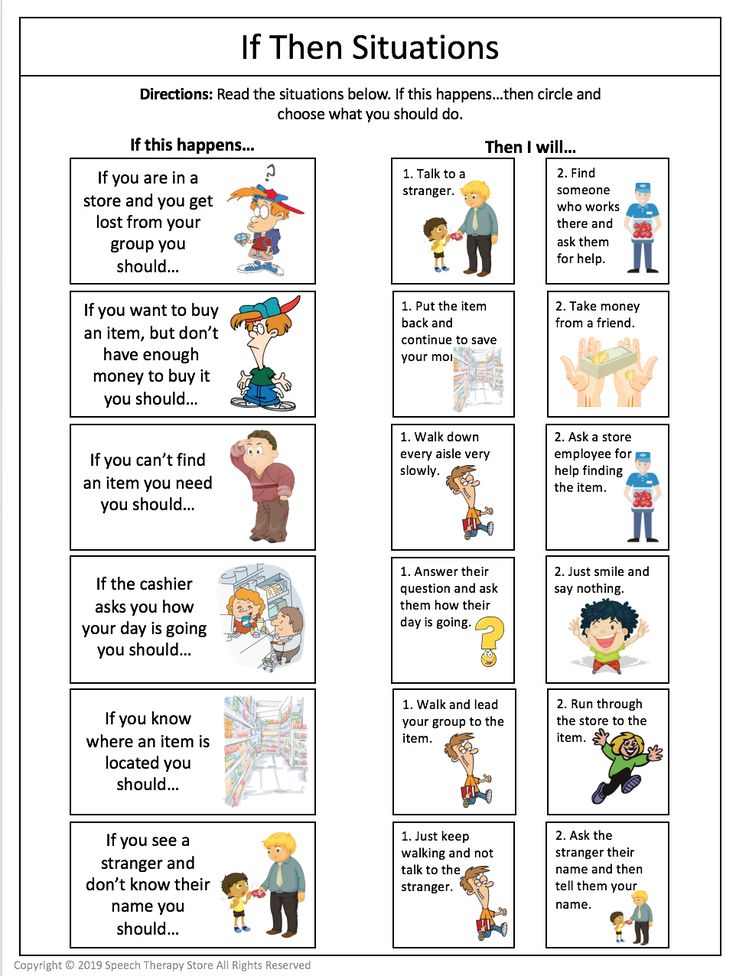 You can then change up the pairs in a “speed dating” format so that teens have multiple opportunities to learn how to engage with others.
You can then change up the pairs in a “speed dating” format so that teens have multiple opportunities to learn how to engage with others.
3. Kindness Jenga
Buy a new Jenga board and write a different “kindness challenge” on every block. This could be as simple as “give a friend a compliment” or as involved as “buy somebody lunch who needs it.” As students play the game, they have to complete the acts of kindness.
4. Emotions Uno
Emotions Uno is a fun way for teens to talk about their feelings. Have each color in the game stand for an emotion: blue for sad, green for peaceful, yellow for happy, and red for angry or scared.
In the first 10 minutes, as students play a card, they have to name an experience when they felt these emotions. So if they played a yellow card, they would mention a time when they felt happy.
In the next 10 minutes, switch up the rules and have students share strategies for avoiding or achieving these emotions. For example, if a student played a blue card, they would talk about something they do to overcome disappointment or sadness.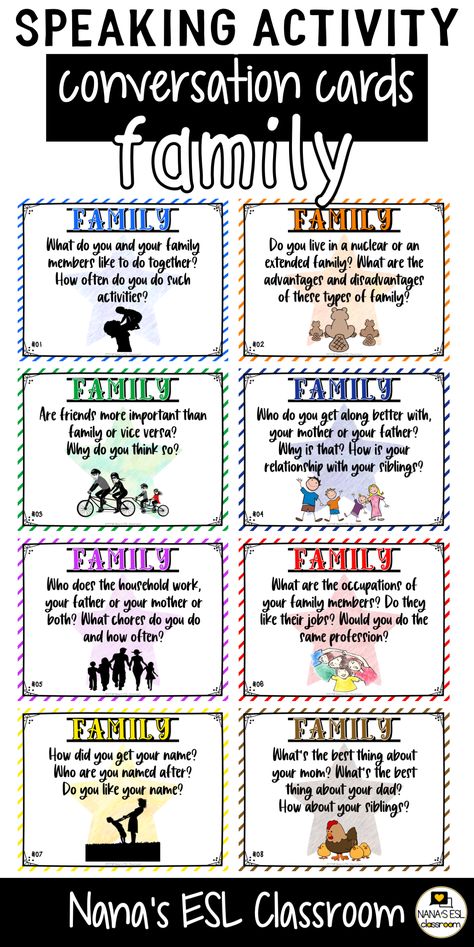
5. Role play
Role play is a tried-and-true activity that practices social skills. Come up with a dozen scenarios for high schoolers to act out, such as bullying, peer pressure at a party, etc. Every group will receive a scenario, come up with a script and act it out in front of the class.
6. Mind maps for self-analysis
Mind maps can be an excellent way for high schoolers to reflect on what defines them and share these characteristics with others. Have students write their name in the middle of a paper and create at least three initial branches: qualities, pastimes and goals. From here, students can add different branches for each area.
Once everybody has finished, teens can share their mind maps in small groups and ask questions about each other’s maps.
7. Group service project
Learning to work as a team is a vital part of social skills. Creating a service project for your classroom or group of teens can allow them to solve problems and work towards a greater mission.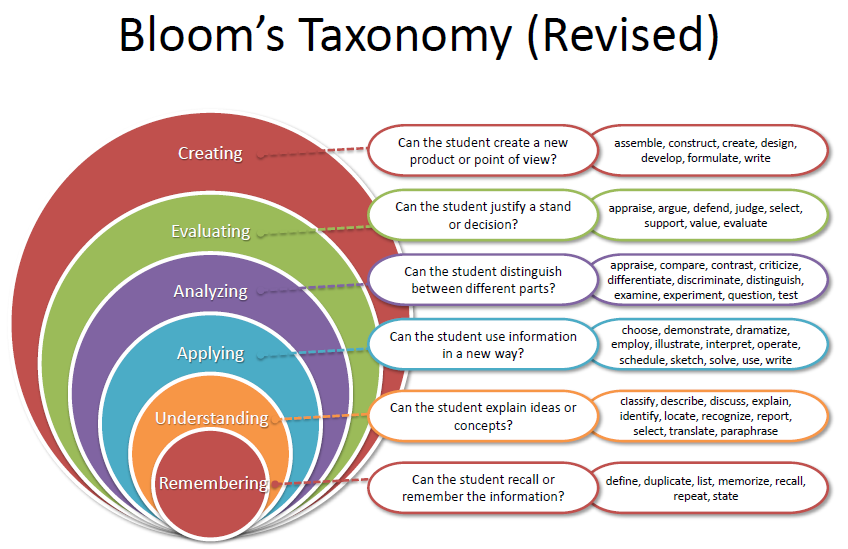
Showcase some example service projects – such as a charity talent show, or a weekly soup kitchen – and then support your teens as they plan their project over the course of the next few weeks.
8. Drama workshop
Teens are naturally dramatic and working on a short play can build a sense of empathy and teamwork. Choose a play that you think teens would be interested in and then assign roles so that everybody feels valued (including scene creation, sound, costumes, etc.)
9. Debate
Debating is an excellent way to improve skills such as listening to others, speaking in public, solving problems and highlighting important information. Put together a list of debate topics and have students go through several stages of preparation: from research, to a short essay, to a practice debate and finally a formal in-class debate.
Leverage social skills activities with your teens
Help high school students strengthen their social skills through activities.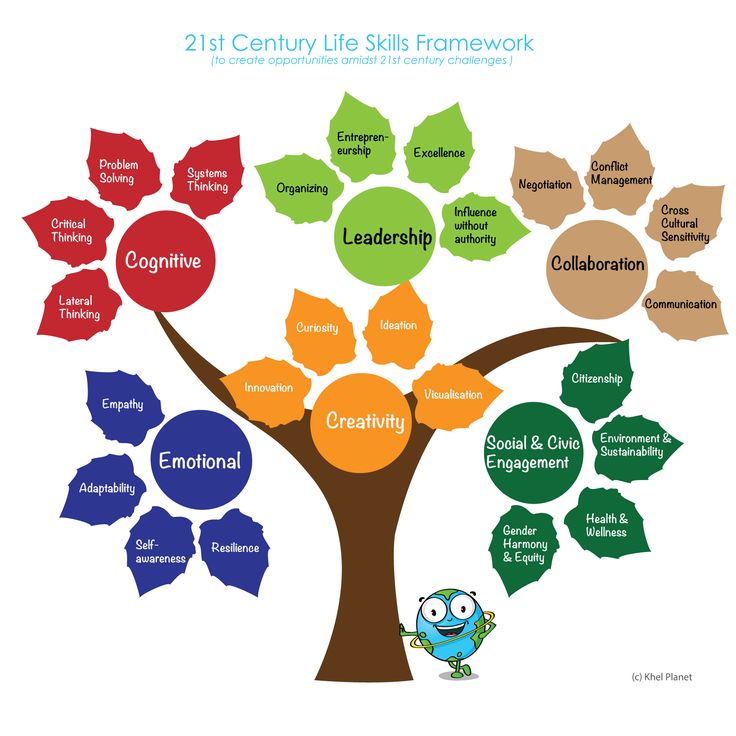 These top options above can be used to build key skills such as listening, empathy and more, so be sure to make use of them in the classroom and beyond. And don’t forget to model great social skills yourself when interacting with teens!
These top options above can be used to build key skills such as listening, empathy and more, so be sure to make use of them in the classroom and beyond. And don’t forget to model great social skills yourself when interacting with teens!
Looking to build your high schooler’s social skills? Check out ThinkPsych’s social skills resources and games for more activities.
References
- 10 Social Skills Activities for High School Students, Everything Mom, https://www.everythingmom.com
- 15 Social Skills and Classroom Management Activities, Education to the Core, https://educationtothecore.com
- 25 Fun and Easy SEL Activities to Boost Social Skills, We Are Teachers, https://www.weareteachers.com
- Evidence-Based Social Skills Activities for Children and Teens, Parenting Science, https://parentingscience.com
10 Social Skills Activities for High School Students
This post contains affiliate links. If you click and buy we may make a commission, at no additional charge to you.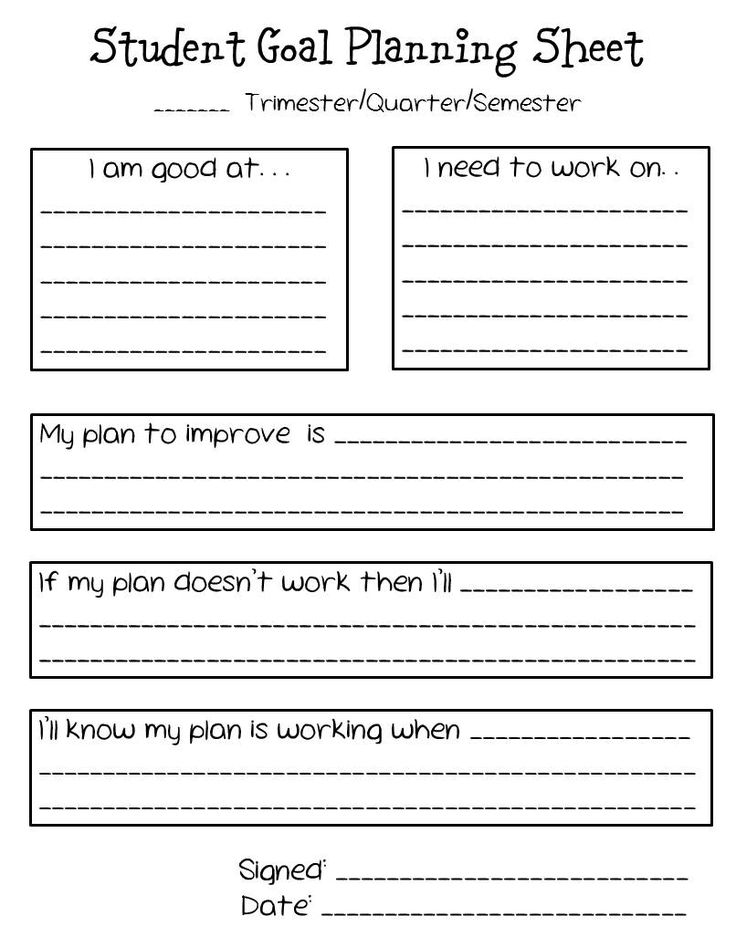 Please see our disclosure policy for more details.
Please see our disclosure policy for more details.
Sharing is Caring!
15shares
- Pinterest15
When I think about how to prepare my kids for success as adults, the number one thing that pops into my head is helping them have the skills to build relationships, be kind, and work well with people around them. I want them to have social skills!
Whether you’re a teacher, mother, or leader of any kind, you’ve probably had a similar thought. And as much as high school-aged kids love sitting down for boring lessons, I thought adding some fun into it was a better idea.
So I’ve found 10 social skills activities for high school students that are fun, interactive, and help build those important skills! And I can’t wait to try some of them out!
Social skills are all the skills that help you communicate, work with, and build relationships with the people around you. There are way too many to list, but here are a few examples!
- Respect
- Teamwork
- Empathy
- Active listening
- Communication
- Reading social cues
- Sharing
- Emotional regulation
Each of these and any other social skills are so essential for high school students to learn! It’ll help them build healthy relationships throughout school and so far beyond.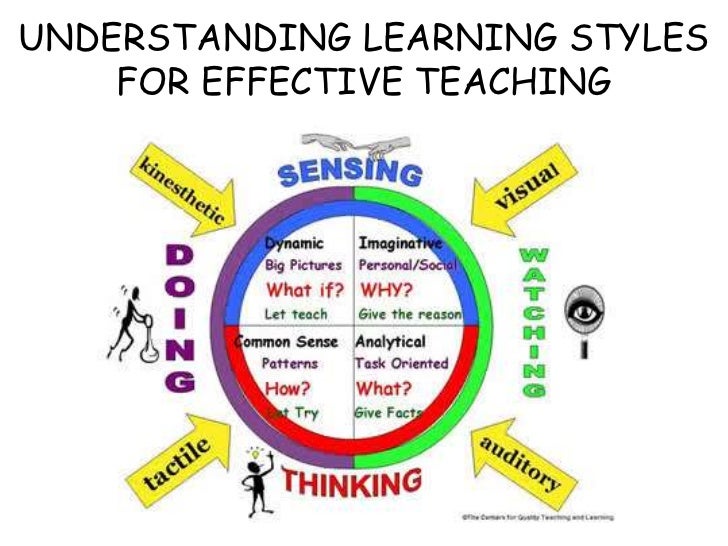 Could there be anything more helpful for a young adult to learn?
Could there be anything more helpful for a young adult to learn?
Luckily, there are lots of ways to build these skills, like these social skills activities!
Ready to have some fun with some social skills activities? Here they are!
1. Get to Know You Bingo
Get to know you bingo is a classic for a reason! All you need to do is give each student a blank bingo sheet and have them fill it in with basic facts about themself.
It can be things like where they were born, their birth month, favorite color, or anything they can think of. Then they go around the room looking for people that have one of the same things on their board. If they found someone else with the same fact, they can both mark it off.
The first one to get a bingo wins!
2. Role Play
Work on empathy by role-playing a situation where someone is struggling. Work on teamwork by putting a group together for a role play. Or work on communication by role-playing any sort of scenario!
Whatever you choose, role plays are a fun social skills activity and a great learning tool.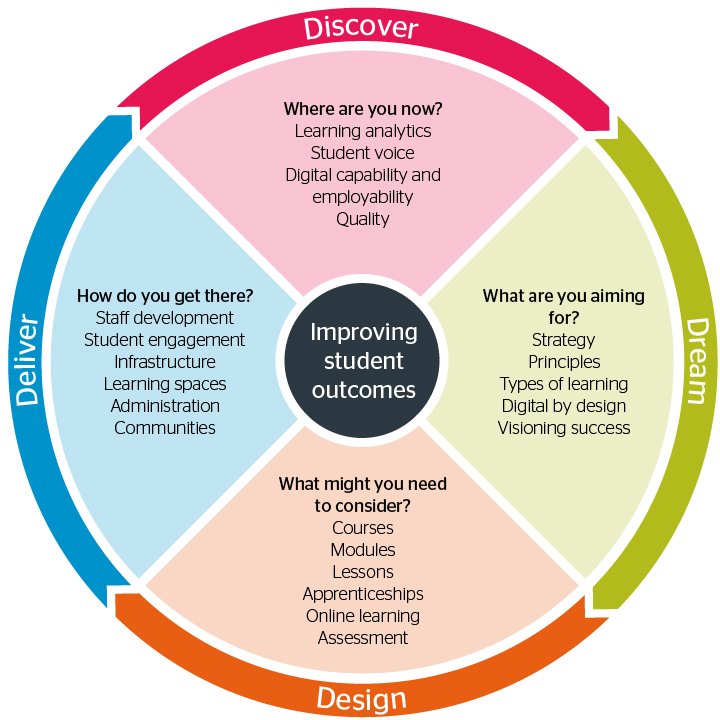
3. Conversation Card Speed “Dating”
To work on their communication skills, try lining the group up speed-dating style and giving them conversation ideas on index cards. Have them talk to each other and work on starting up conversations.
They’ll get to know each other so much better and feel more comfortable talking to different types of people.
4. Strengths Jenga
This might be one of my favorite social skills activities! Grab a jenga game and pass out a block to everyone in the group.
Have each person write down what they think is their greatest strength. Have them read of their trait as they add it to a Jenga tower.
Explain how important it is to value those around you and work with each other in order to be successful.
5. Debates
Another great activity that helps with recognizing social cues and learning respect is having debates! Debates can be about anything from hot topic issues to what the best flavor of pie is.
It’s up to you and your type of group what topic you think is best, but if you want some great ideas for debate topics we’ve got some great teen-friendly ones to choose from!
6.
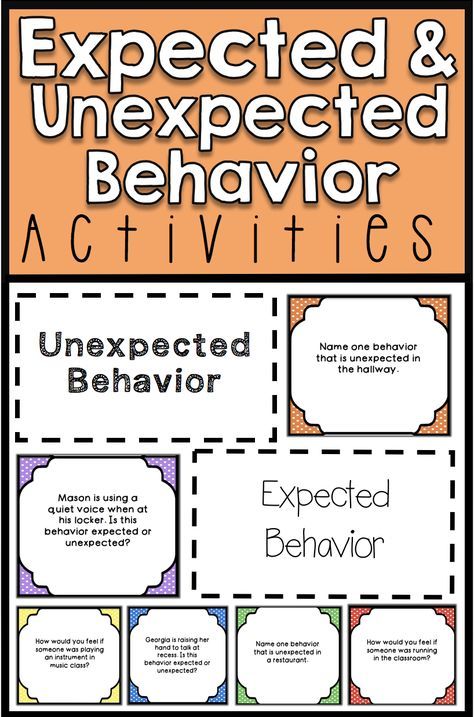 Empathy MapImage: hope4hurtingkids.com
Empathy MapImage: hope4hurtingkids.comI love the idea from Hope 5 Hurting Kids to make an Empathy map. Empathy can be a hard topic to really understand for developing minds and it helps break it down in a fun way.
Especially in a time of life when empathy often is lost, this map activity can be really helpful. Basically, you choose a situation that the students may encounter and go through what you see versus what a person feels.
The whole experience is so reflective for any age!
7. Service Project
How about a service project in your community? Service is a great way to help kids build social skills! They communicate as they coordinate their efforts, learn empathy for others, and work together as they complete the project.
If you’re in a formal classroom, you could do something that you could do right from the class, or if you have the ability to travel you could take a field trip to do a project.
8. Class Meeting
A good simple social skills activity that you could incorporate regularly into your class or group is a meeting!
Alternate different roles like meeting leader, scribe, etc. , and let the students bring things to the table to discuss. Not only will they be working on their social skills, but it also gives them a chance to express themselves and feel like they are a part of something.
, and let the students bring things to the table to discuss. Not only will they be working on their social skills, but it also gives them a chance to express themselves and feel like they are a part of something.
9. Acts of Kindness Board
Image: ripplekindness.orgI love the idea of creating an act of kindness bulletin board as an activity to do with high school students.
Find a space to place a board that says “acts of kindness” and leave sticky notes or spaces for people who pass by to add a message about something kind that they did or even something kind someone else did for them.
It’s a great way to encourage students to interact, communicate, and be kind to each other in a fun way!
10. Group Scattergories
Split the group into small groups of 3-4 people and play Scattergories. You can have the groups take turns choosing different letters. Be prepared with topics that each group has to use to think of things that start with the chosen letters.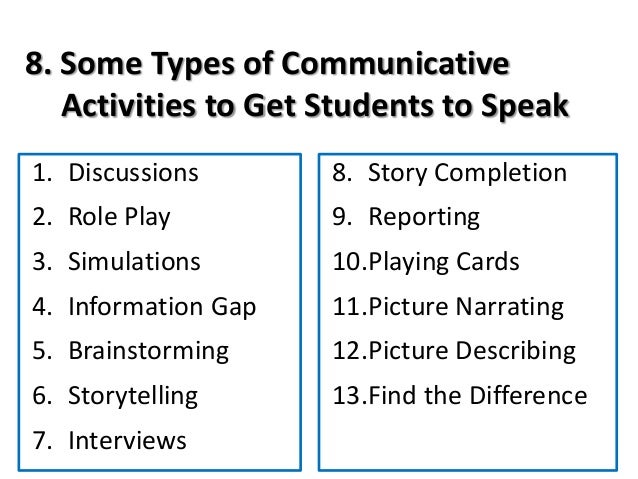
Working as a group can be tricky, but it’ll help them work together and take turns choosing different answers to submit as a group.
If another group has the same answer, neither group gets a point. But if a group comes up with an exclusive and relevant answer, they’ll get a point. Whoever gets the most points wins!
Do you like these social activities for high school students? Let us know in the comments!
Check out these other great posts!
Is Homeschooling Right for You? 10 Things to Consider
50 Back to School Quotes the Inspire
The Best Back to School Teacher Gifts
50+ Best Back to School Jokes
Sharing is Caring!
15shares
- Pinterest15
Soft skills or social skills for a student: 85% of success in life
Harvard and Stanford believe that a student's academic knowledge is only 15% of success in his further education, in building a career and in life.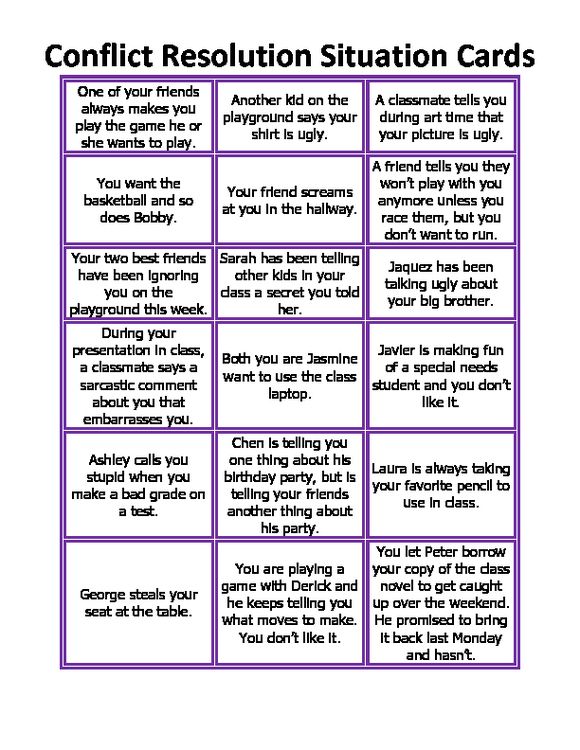
Russian schools actively download knowledge into the heads of our children, but do not teach them social skills, the so-called soft skills - leadership, teamwork, organizational skills, etc. Namely, they allow you to apply the acquired knowledge and achieve your goals: a prestigious university, a successful career, a happy family and true friendship. nine0003
A study of Fortune 500 CEOs found that long-term and sustained job success was 75% social skills and only 25% academic.
Therefore, European education has long included the training of soft skills, without which it is difficult to succeed in the modern world. Many of these traits are innate and inherent in every child, but they need to be cultivated and developed. Here are some critical social skills that will help any student reach their goals in life. nine0003
TEAM WORK
The ability to listen, the ability to see a common goal and find common ground between a common idea and personal ambitions. Willingness to help others and support in a difficult situation, the ability to convince and find a compromise.
Willingness to help others and support in a difficult situation, the ability to convince and find a compromise.
Check if your child can:
- do things with other children?
- help someone solve their study question?
- to make sure that not only he, but his entire team achieves the goal? nine0024
How it is taught in a foreign school:
- team activities: games, performance, volunteer programs;
- joint academic projects, when the project can be defended only by the whole team;
- competitions between "Houses" for students studying on a full board basis.
Join our Telegram channel!
Be the first to know about discounts, events and important news. nine0045 We promise - it will be interesting!
LEADERSHIP
To be a leader means to be a person whom everyone else recognizes as having the right to make responsible decisions for the entire team.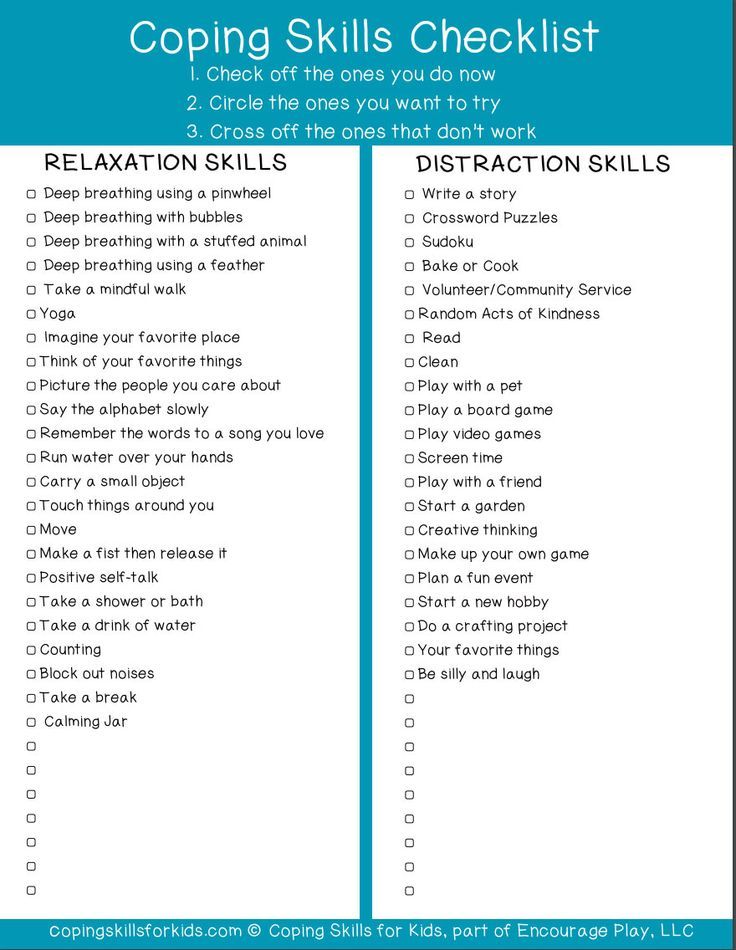
Check if your child can:
- to become a leader for other children: inspire and lead them?
- understand and feel other people?
- to set other children tasks corresponding to their abilities and character and to achieve their fulfillment? nine0024
How it is taught in a foreign school:
- Supervision of junior schoolchildren and beginners by high school students;
- Numerous clubs and hobby classes are sure to resonate in the soul of any student, and he will take the initiative in the area that interests him and gather his team of like-minded people.
We are looking for leaders, but not from the category of "president of the chess club", but from those who, faced with a problem, can at the right time take the lead of the team and lead it to the goal
- Laszlo Bock, Vice President of Recruitment, Google
CREATIVITY
A creative person is able to find non-standard, completely new solutions in familiar situations, he is able to invent and implement new ideas.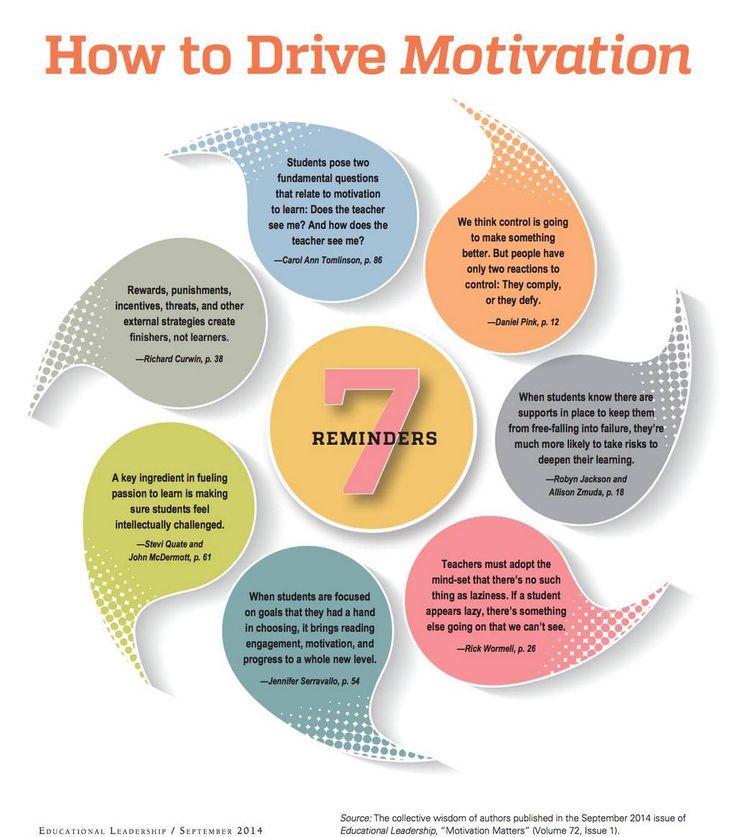
Check if your child can:
- Suggest an idea for a gala evening, fashion design or pop star poster?
- tell your friends the story he made up? nine0024
- come up with an idea for a new computer game or mobile application?
How it is taught in a foreign school:
- When solving a problem, the student will be asked not only to give the correct answer, but also to find 10 different solutions;
- Students focus on both academic knowledge and extracurricular activities - music classes, theater productions and acting skills, development of artistic skills. It is easier for a child with a broad outlook to find a non-standard approach to solving a problem. nine0024
COMMUNICATION
The ability to communicate, openness and the ability to establish contact with other people, as well as to make the right impression on them.
Check if your child can:
- Is it clear and interesting to express your ideas and thoughts?
- speak confidently with a group of your peers, with a school principal, with other adults?
- perform in front of an audience of 100 people?
How it is taught in a foreign school:
- Students are encouraged to actively participate in discussions in the classroom.
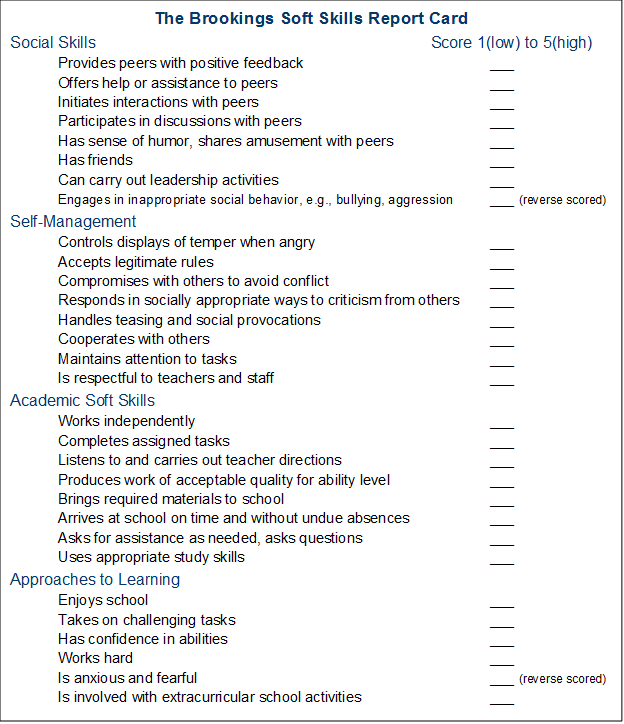 And the final assessment is influenced by the student's involvement in lectures and seminars and his ability to defend his point of view;
And the final assessment is influenced by the student's involvement in lectures and seminars and his ability to defend his point of view; - Schoolchildren are constantly surrounded by their peers and implement academic projects together, participate in sports and creative events, attend hobby groups;
- Career days and meetings with universities are regularly held for high school students. Schools set aside time to develop a personal resume, self-presentation skills and interviews. nine0024
MANAGEMENT
This is the ability to bring people together to achieve a goal and inspire yourself and others to action. Initiative, demanding of oneself and others, attention to detail, the ability to delegate or do it yourself - all these are important qualities of an organizer.
Check if your child can:
- organize your time so that you can keep up with your studies and take part in extra school activities? nine0024
- put together a team to run cross country together or organize a party?
- make quick decisions when things don't go as planned?
How it is taught in a foreign school:
- time management skills are the first thing a student learns.
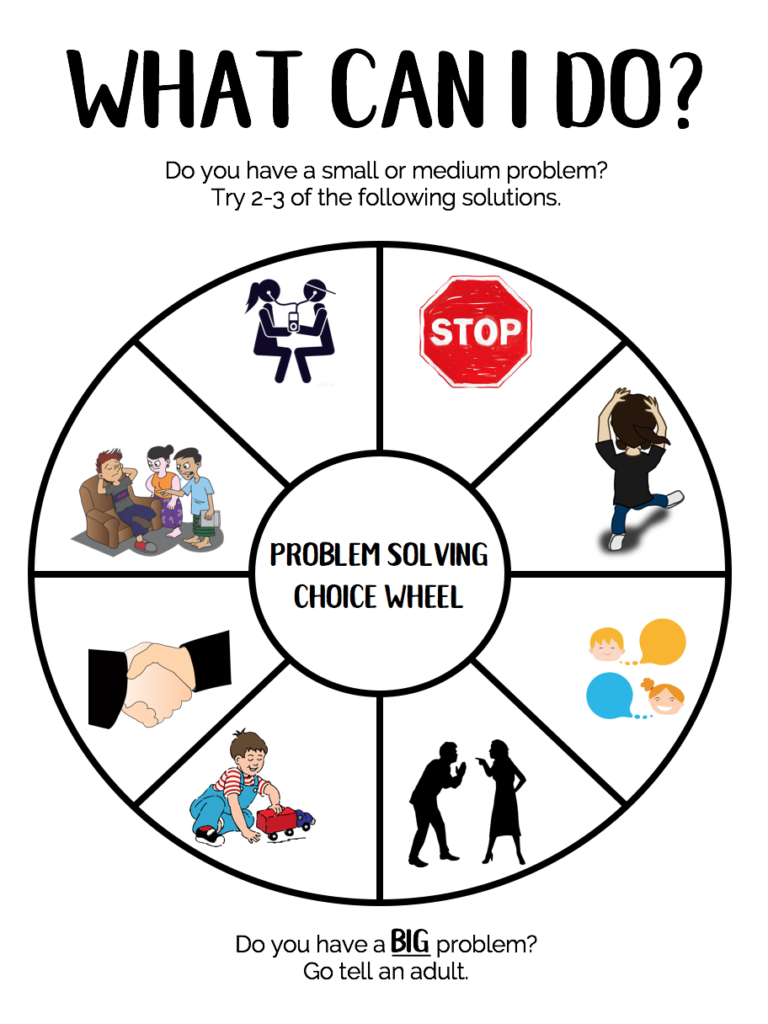 Unlike Russian students, European students do not study from morning to evening. The whole day is scheduled by the clock, there is time for study, sports, hobbies, homework and, of course, time for rest; nine0024
Unlike Russian students, European students do not study from morning to evening. The whole day is scheduled by the clock, there is time for study, sports, hobbies, homework and, of course, time for rest; nine0024 - Participation in numerous school events requires a variety of skills from a student, including the ability to organize an exhibition, a holiday, a performance, a debate, a sports match, and much more.
POSITIVE
Faith in yourself and in other people. This is such a view of the world in which a person can look at events from different angles and prefers to find positive in everything that surrounds him.
Check if your child can:
- keep a smile on your face despite the challenges?
- to fight and not give up, even when you fail to achieve the goal?
- try to solve your problems on your own, without immediately resorting to your help?
How it is taught in a foreign school:
- Support and attention of teachers, mentors and high school students.
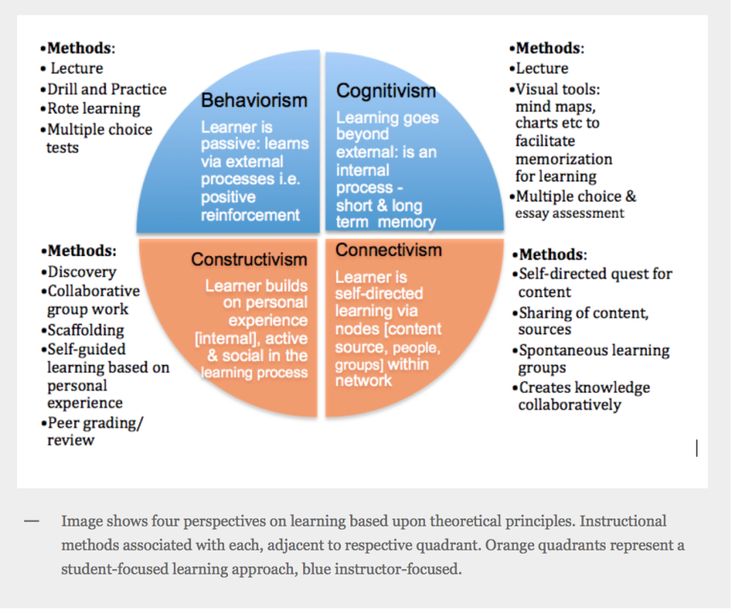 The school is well aware of the difficulties students face and is always ready to help with advice and pay attention to positive events. nine0024
The school is well aware of the difficulties students face and is always ready to help with advice and pay attention to positive events. nine0024 - A healthy competitive environment helps students focus on their goals and not on temporary setbacks.
CURIOSITY
Intellectual curiosity, thirst for new knowledge, interest in the world around and desire for new experiences. This is a natural quality of any child and it is important to preserve it.
Check if your child can:
- look up from your phone or tablet and look around when you are driving? nine0024
- when you find yourself in a new place, try to find out something about it?
- ask questions about how the world works?
How it is taught in a foreign school:
- The task of every teacher is not only to prepare a student for the final exams, but also to make him fall in love with his subject. The first thing that Russian children and parents notice is that students in European schools love to study.
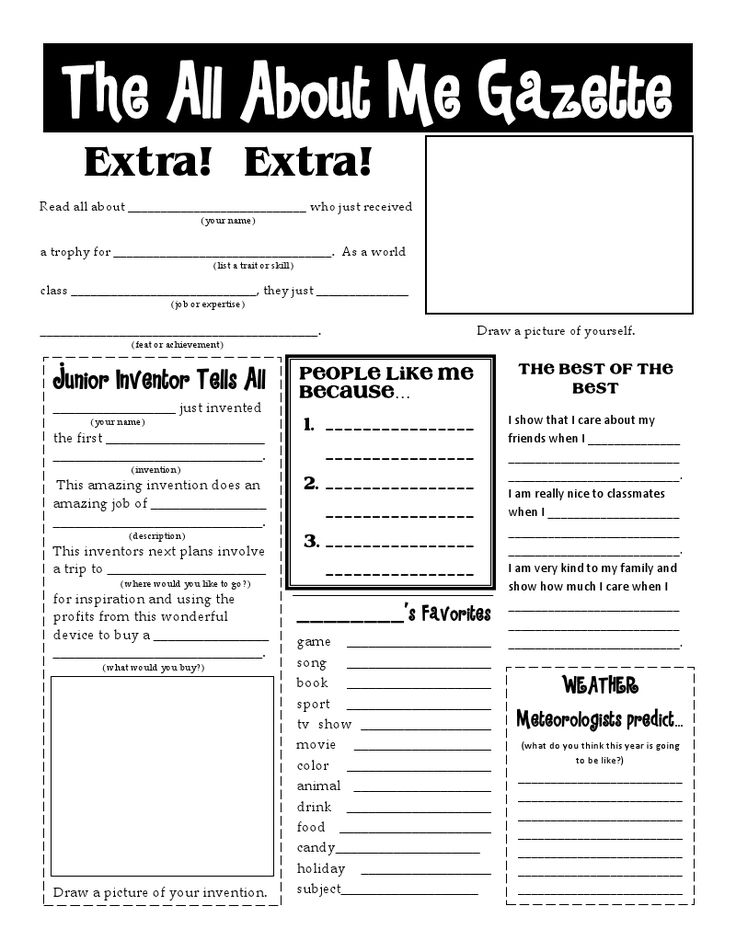
- Well-equipped classrooms and laboratories - here you can study not only theory, but also try everything in practice. Chemistry, physics, biology become especially fascinating. nine0024
- School activities also include guest lecturers and thematic excursions. Children can learn first-hand about the subject and specialties: who you can become in the future, how you can apply the acquired knowledge in practice, what kind of employees employers want to see.
Most children are not very self-confident. They worry about entering a new social situation, about learning new skills, about having to complete a new task, even more difficult. They seek help and support from friends, parents, teachers, and this is natural. nine0003
Studying in European schools, students develop their social skills, becoming more self-confident. These skills have nothing to do with intelligence, the ability to quote Shakespeare in the original, or mentally multiply three-digit numbers.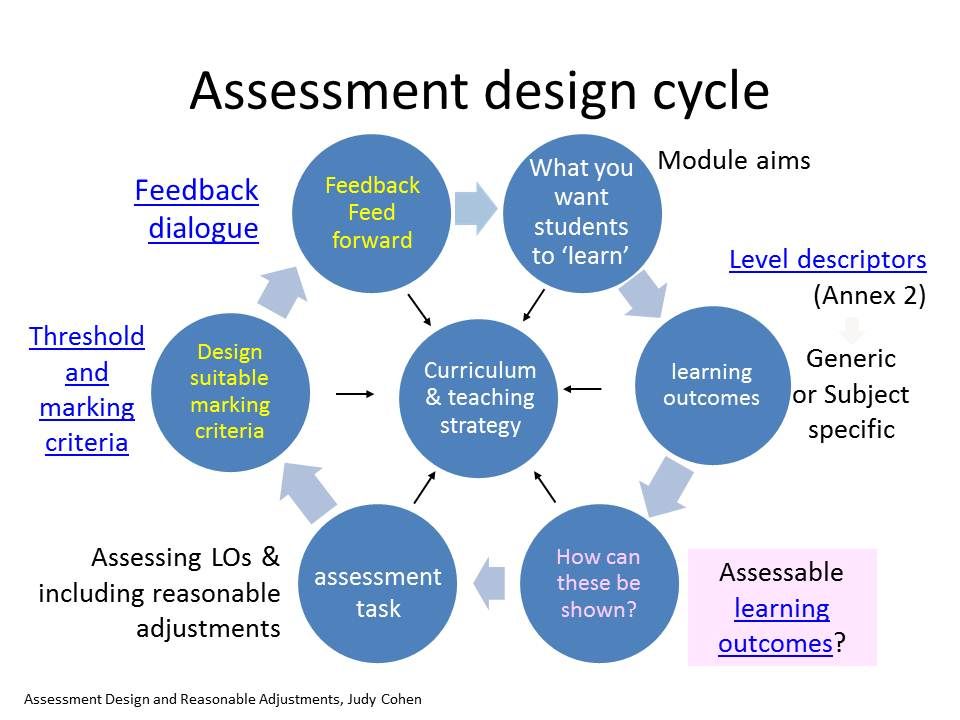 But the ability of a child to clearly formulate thoughts, offer alternatives and respect someone else's point of view will make him successful in all areas of life. After all, as Henry Ford said, confidence is half the battle.
But the ability of a child to clearly formulate thoughts, offer alternatives and respect someone else's point of view will make him successful in all areas of life. After all, as Henry Ford said, confidence is half the battle.
European schools help students develop their social skills. nine0003
They will not appear on your high school diploma or university degree.
But these abilities are important in order to enter a good university, successfully complete it and find a dream job, which means getting a pass to a happy life.
Contact the manager and choose school
by phone +7 (495) 935-85-45
through the request form on the site
See also:
Early Childhood Social Skills - Child Development
In the lower grades, the child's social circle changes. Some find best friends for themselves, many strive for this. Some children find it easy to find company, others find it difficult. How can you help your child learn to get along with peers? Let's take a look at some suggestions for this.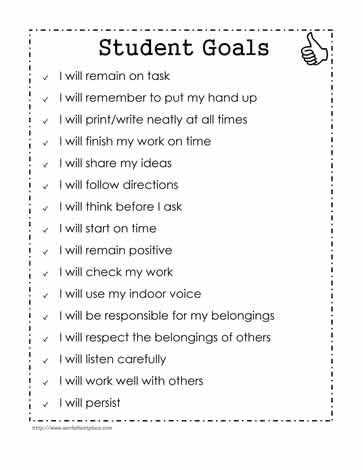
1. Be alert to situations where your child is having difficulty with peers
If you tell your child each time what he should do in a given situation, you will let him know that he is not able to cope with such situations on their own. Your instructions won't teach him anything. Instead, help your child understand their feelings and identify the cause of the problem. nine0003
2. Do not take sides in conflicts between the child and peers
Listen to the child's point of view and accept his feelings, but do not blame the other child for everything. If you suspect that your child is not completely honest with you, invite him to look at the situation from the opposite side. However, don't blame your child either. For example, you could say to your child, “I wonder why Ann said such hurtful words. Maybe she was offended by you and Katya for not inviting her to play with you? nine0003
3. Teach your child to voice their needs without being in conflict with others
This can be difficult and will likely require a lot of your time and patience.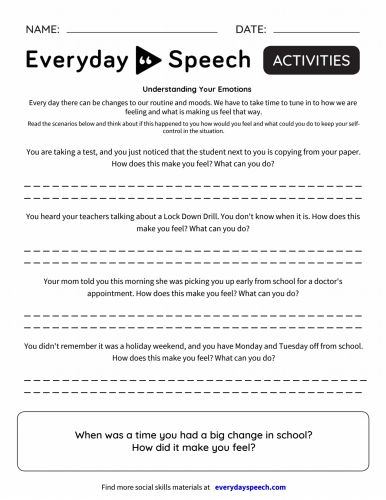 For example, if your little daughter is yelling at her friend, “Don't give orders!”, you might say, “You seem to be very angry with Ira. Tell her what you want rather than what you think of her.”
For example, if your little daughter is yelling at her friend, “Don't give orders!”, you might say, “You seem to be very angry with Ira. Tell her what you want rather than what you think of her.”
4. Teach your child how to stand for yourself
Every child should master this skill. For some, this will require you to sort out some situations by roles: “It seems to me that you wanted to tell Sasha that you like to fight him, but you need to discuss the rules. For example, you can agree that the word "stop" means the end of the fight. It's probably hard to tell a friend. Let's rehearse these words, and it will be easier for you to say them to Sasha.
5. Do not deny the child's point of view about other people
Instead, accept the child's feelings and help him express them. For example, instead of the phrase: “I don’t think Ksenia wanted to offend you.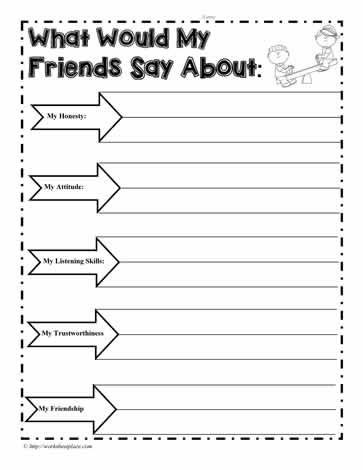 You should not refuse to go to her birthday, "you can say:" It seems to me that what Xenia said in the yard offended you. You think she did it on purpose and that's why you don't want to go to her birthday party."
You should not refuse to go to her birthday, "you can say:" It seems to me that what Xenia said in the yard offended you. You think she did it on purpose and that's why you don't want to go to her birthday party."
Your emotional support will help your child deal with negative feelings and make informed decisions as a result. nine0003
6. Acknowledge and respond to the child's feelings rather than being dismissive
Parents sometimes find it so difficult to see their child experiencing negative emotions that they become angry at the person who caused them. At the same time, they can say: “He is not your friend. Don't hang out with him and find yourself some new friends." But such advice will not help the child. They deny the child's feelings, and as a result, he continues to suffer.
First of all, get your own feelings about the situation under control. Empathize with your child and help him process his feelings. The child may become even more sad for a while, but this is how he expresses his feelings, and does not suppress them.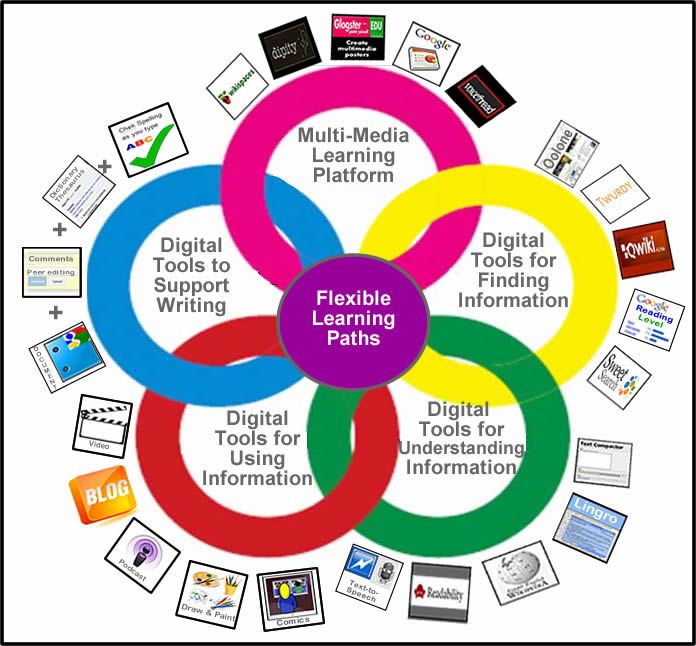 When he feels better, he will try to find the best way out of the situation. nine0003
When he feels better, he will try to find the best way out of the situation. nine0003
7. In primary school, children often suffer from the fact that someone tries to command them
All children want everything to happen the way they want. But at the same time they want other children to play with them. The ability to negotiate is extremely important at this age. To teach this to your child, ask him questions, for example: “What is more important to you: that you can play the way you want, or that Katya play with you?”
When another child tries to be bossy, yours may need prompting on how to communicate politely. Teach your child phrases like: “I want to play with you. But we've been playing with dolls all morning, and I'm already tired. Let's come up with something that will be interesting for both of us." nine0003
8. Teach your child to find different solutions to problems
Often, when children experience different emotions, they know what actions to take, for example: “I am no longer angry with Serezha, and I want to play with him.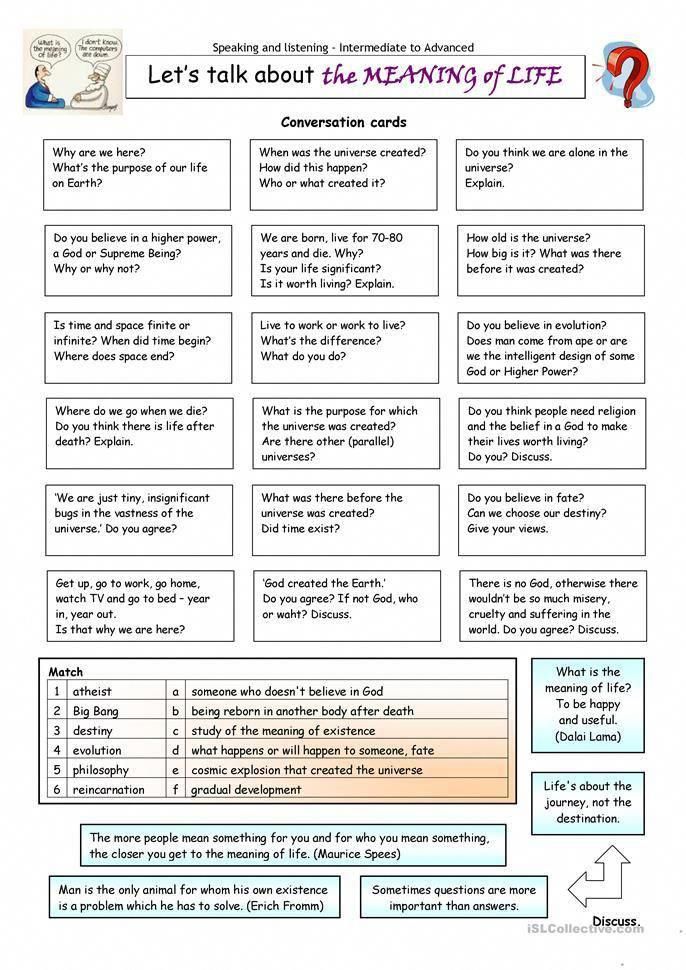 I'll go and invite him to play." But, if the child does not know what to do, help him. Sometimes a child just doesn't know how to say "no" without ruining a friendship with someone. And you can help him with this.
I'll go and invite him to play." But, if the child does not know what to do, help him. Sometimes a child just doesn't know how to say "no" without ruining a friendship with someone. And you can help him with this.
9. If the child is having difficulty, think about how you can help him
Some children have difficulty with social skills, such as being unable to join a new company. Some children do not know how to listen to the interlocutor and invade the personal space of other children. Watch your child when he plays with peers and pay attention to what goes wrong. Later, without making the child feel guilty or ashamed, act out this scene with plush toys. At the same time, ask the child what the characters should say or do. Inject some fun into this activity to lighten the mood. nine0003
Reading books on social skills can also be helpful, so that the child understands that you want to support him, not correct his behavior.
If you don't know how to help your child, read parenting books about social skills. This will help you understand what your child needs to learn and provide targeted support.
This will help you understand what your child needs to learn and provide targeted support.
10. Be attentive to the words of other children and their parents. When need be ready intervene
Emotional reactions to certain situations can become habitual in a child. An example of this is the use of force: parents often justify such behavior of young children, but when the children get older, there is nothing they can do about it. When children (especially at the age of two) show aggression, this indicates that they cannot cope with their feelings (most often fear) that affect their behavior. When a child resorts to the use of force in primary school, this is a signal to parents that he needs help. nine0003
If the parents of another child say that your son has hit him, you should be wary. Don't blame your child, but help him put himself in his peer's shoes and think about how he felt.